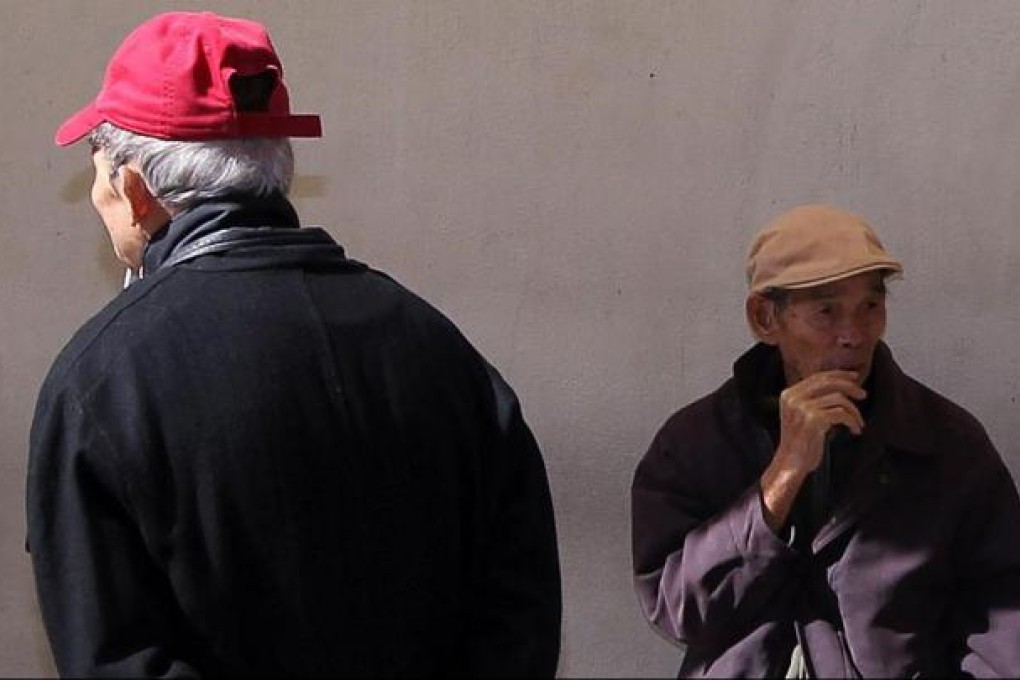'There's no free lunch,' says Chan of universal pension
Research is necessary to find out how much taxpayers are prepared to contribute towards a proposed universal scheme, Exco member says

Executive councillor Bernard Chan has urged the government to reveal how much a universal pension scheme would cost taxpayers, a move he says is needed to assist public debate.

"How much would we, as taxpayers, be willing to pay?" he asked, adding that without this question discussion of such a scheme would be "empty talk".
"As long as [the government] does not explain it, people will keep criticising the authorities for not doing it."
His remarks in an interview with the South China Morning Post coincided with a study of retirement plans that have been floated in public by University of Hong Kong social administration chair professor Nelson Chow Wing-sun.
The year-long study was authorised last month by the Commission on Poverty.